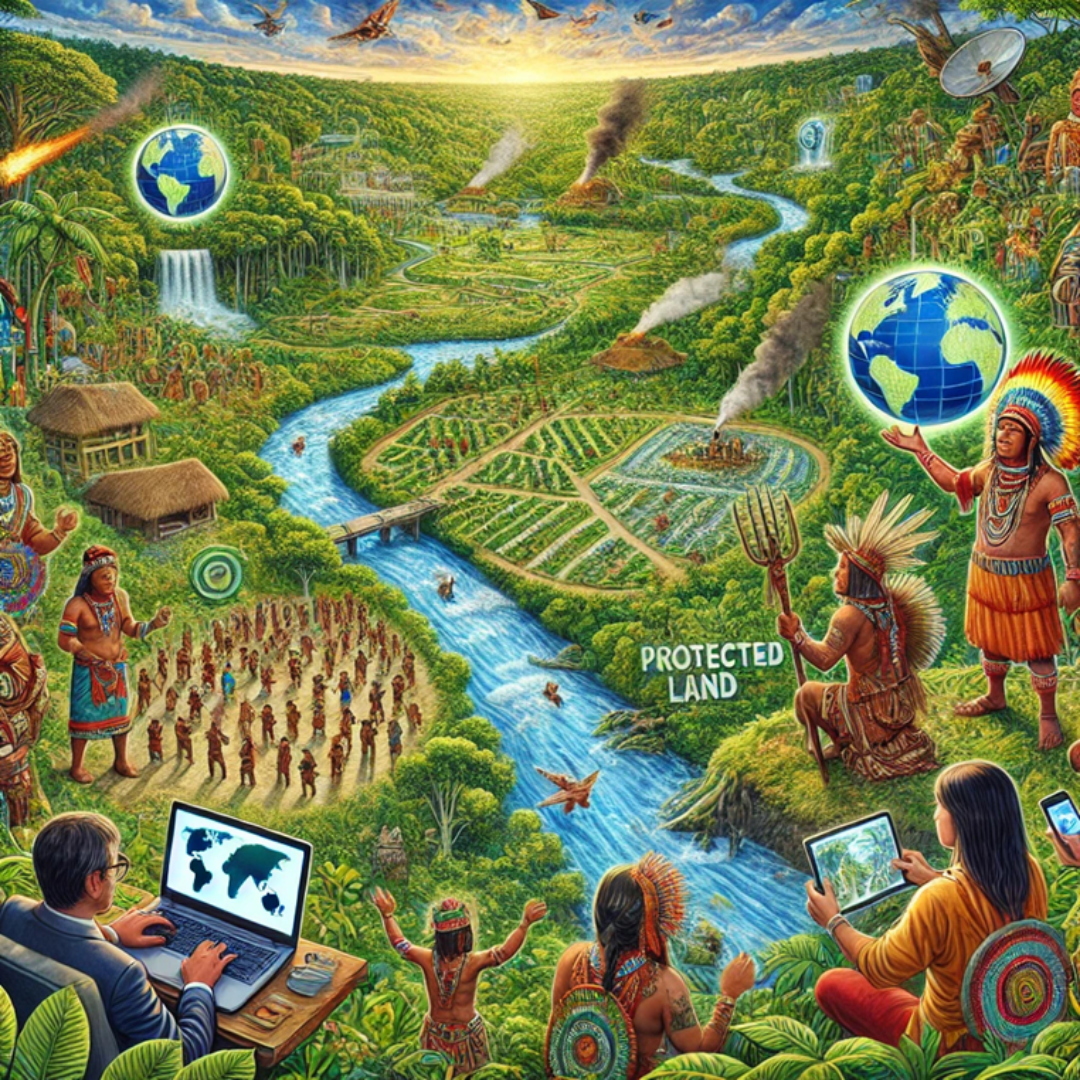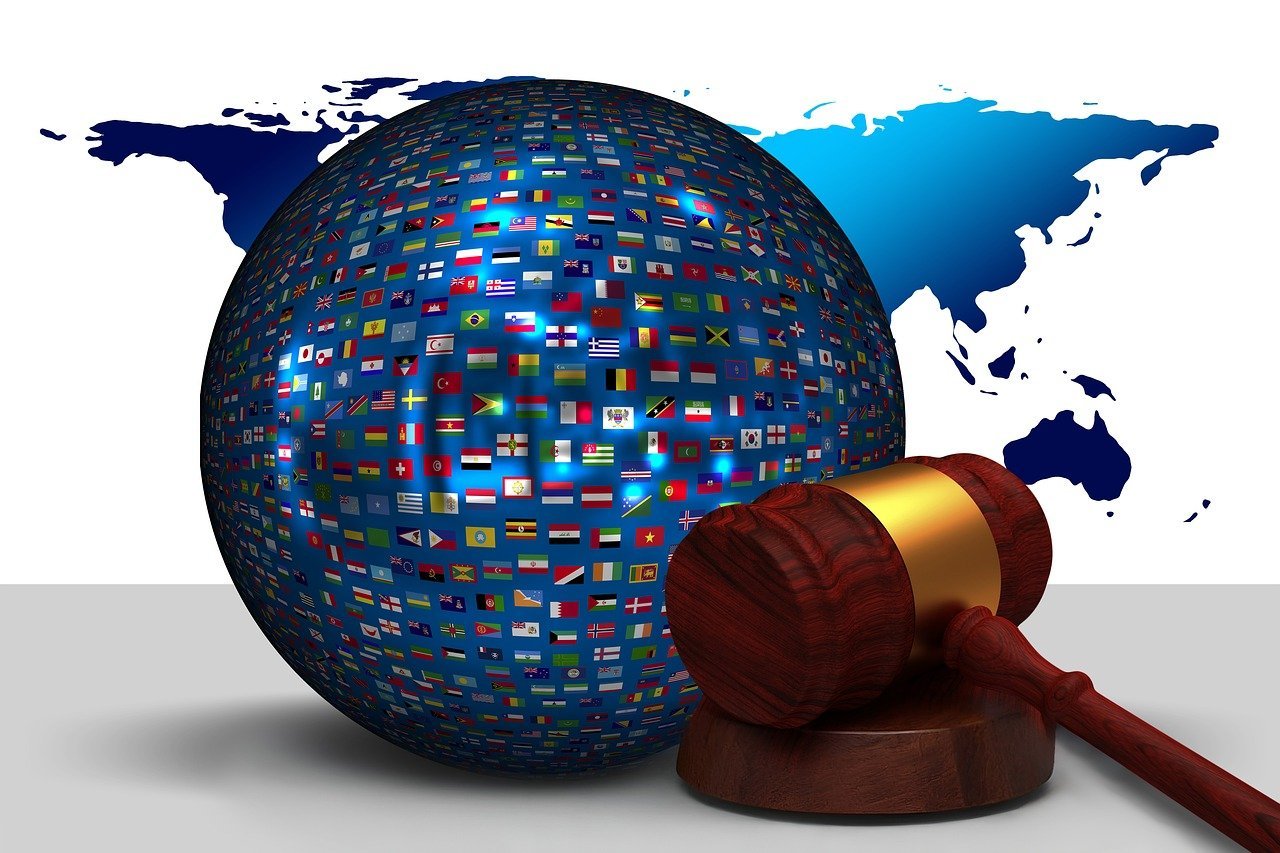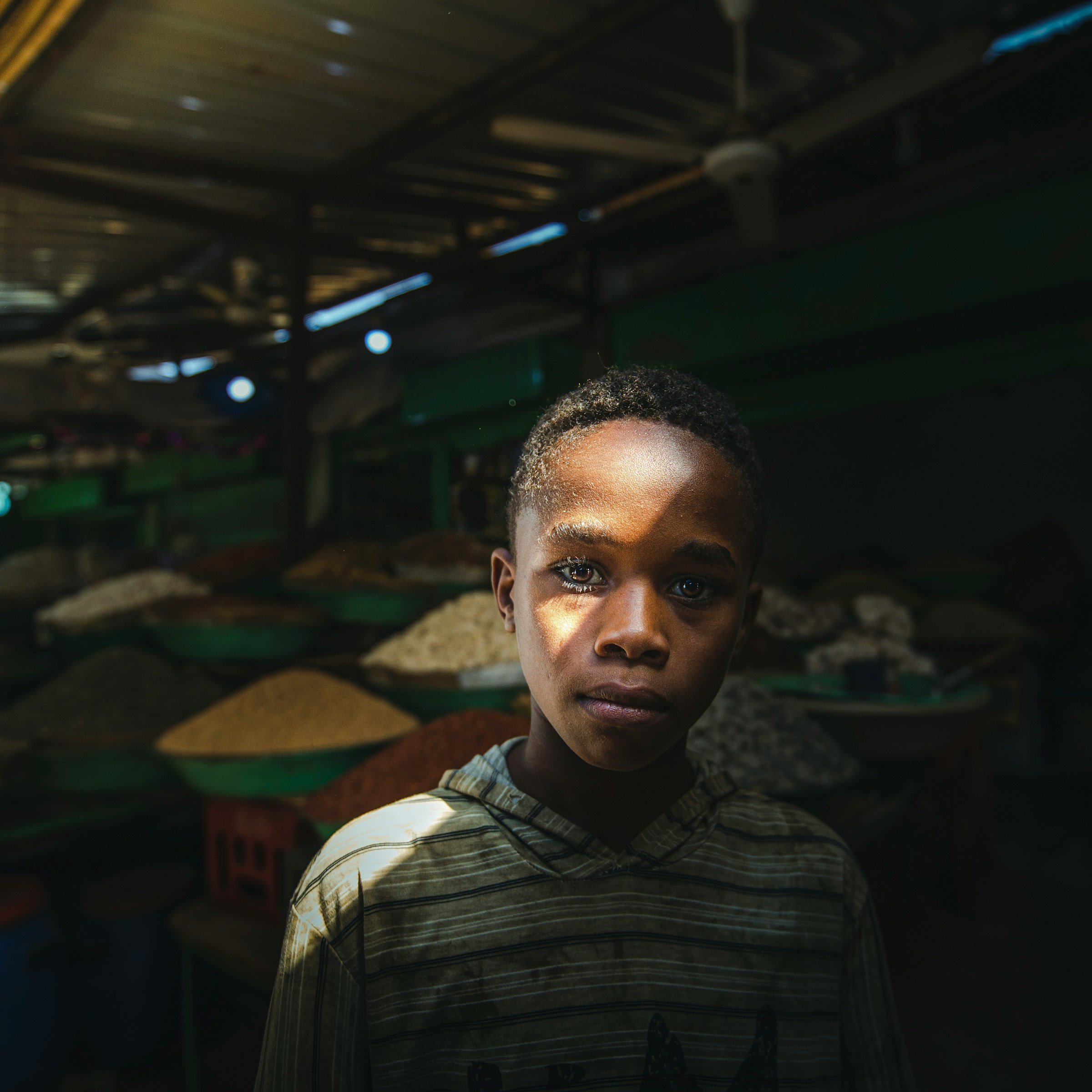
Decolonization and the Politics of Recognition: the Case of Somaliland
Somaliland’s pursuit of international recognition offers a distinctive lens through which to analyse the intersections of decolonisation, self-determination, and the legal-political entrenchment of colonial-era boundaries. Having declared independence from Somalia in 1991, Somaliland has built a relatively stable and functioning state. Yet, more than three decades later, it remains outside the international system of recognised sovereign states. This persistent liminality raises pressing questions about how principles such as uti possidetis juris and self-determination are interpreted and operationalised, particularly in the African context.

Navigating Decolonisation Landscapes and Youth-Led Movements: Current Practices and Challenges
This policy brief recommends concrete actions to advance decolonisation through youth-led efforts. Key measures include establishing long-term, flexible funding mechanisms for youth organisations, embedding young people as equal partners in decision-making processes, and creating accessible platforms for localised, community-driven solutions. By centring youth agency and dismantling colonial power structures, stakeholders can enable sustainable and equitable progress towards a truly decolonised world.

Green Colonialism: the Human Right Costs of “Fair Energy Transition”
Abstract
In the pursuit of limiting global warming to 1.5°C above pre-industrial levels by 2030, there is an increasing reliance on environmentally focused projects, particularly those necessitating minerals for the energy transition. These minerals are often located within Indigenous territories, raising significant concerns about the exploitation of their lands within the framework of the Western climate strategy.

From Colonization to Cooperation: The African Union’s Role in Decolonization
Abstract
This article explores the African Union's (AU) pivotal role in advocating for decolonization and equitable reforms within the United Nations (UN). At the core of the AU’s agenda is the push for increased African representation in the UN Security Council (UNSC), which is crucial for fair decision-making. Additionally, the AU champions African-led peacebuilding initiatives, such as the “Silencing the Guns” campaign, which emphasizes local ownership and conflict resolution across the continent. The AU also calls for international development frameworks that align with Africa's unique challenges and aspirations, as outlined in its Agenda 2063. Through these reforms, the AU aims to address historical inequities and prioritize Africa’s self-determination in global governance.
Beyond political representation, the African Union (AU) emphasizes the need to reassess international development policies that have historically marginalized African nations. It advocates for frameworks that address the continent’s unique challenges and aspirations, focusing on sustainable development, regional integration, and inclusive growth as outlined in Agenda 2063. These efforts are part of the AU’s broader commitment to correcting historical inequities and prioritizing Africa’s self-determination in global governance.
Through advocacy for these reforms, the AU seeks to amplify African perspectives in global policymaking and ensure the continent’s voice is central in shaping a more equitable international system. By promoting sustainable development and regional integration, the AU aims to build a more inclusive global dialogue that reflects Africa's needs and aspirations, ultimately ensuring a fairer and more representative global order.

How Did Jair Bolsonaro’s Presidency in Brazil Cause an International Concern for the Amazons and its Indigenous People?
Abstract
The Amazon Rainforest, spanning several South American countries, is a critical biodiversity hotspot and home to indigenous communities whose land rights are protected under international agreements like the UNDRIP. The rainforest plays a key role in climate regulation, acting as a "global lung" through carbon sequestration. However, its preservation is under threat, particularly due to deforestation during Jair Bolsonaro's presidency, which led to the loss of over 7,600 square kilometers of forest in just nine months. This highlights the need for global cooperation to protect the Amazon, uphold indigenous rights, and ensure climate resilience.

Decolonizing Narratives in Humanitarian Journalism
Abstract
In the field of humanitarian aid and development, the need for reform has never been clearer. Much of the media and aid coverage of crises, particularly in the Global South, continues to rely on outdated frameworks that perpetuate colonial power dynamics. This narrative often positions Western actors - whether journalists or NGOs - as ‘saviours,’ while local communities are reduced to passive victims. This policy brief explores how media coverage reinforces this neocolonial asymmetry and outlines recommendations for decolonising humanitarian journalism to better represent the agency, resilience, and complexity of affected communities.

Imperialism and Colonialism: The United States' Legacy in Guam and Puerto Rico
Abstract
The relationship between colonialism and imperialism is deeply embedded in U.S. history. Colonial conquest laid the groundwork for imperial dominance today. This connection is illustrated by events like the Spanish-American War, which marked a transition in U.S. global influence, leading to control over territories such as Guam and Puerto Rico. These territories highlight the ongoing legacy of colonialism, where U.S. geopolitical and economic interests continue to shape local governance and economic inequalities.

Breaking Colonial Legacies: Political, Economic, and Cultural Dimensions of Decolonization
Abstract
Many of us know about the more significant decolonization trends throughout history, including in the Americas, Africa, and Asia, and the battles fought to ensure the local peoples’ rights were incorporated into their systems- not just to join the long-established systems. However, when we start to research and realize that decolonization requires more than dismantling political systems, we can see how much effort and care it takes to break down and challenge the colonial roots embedded into political, social, cultural, psychological, and business practices. This article will explore the various types of decolonization and examine Dr. Enriques’ explanation of how local human rights defenders challenge the previous norms to work to bring back their Indigenous or historical roots.

Decolonizing Accountability: A Decolonial Examination of ICC Arrest Warrants
Abstract
The International Criminal Court (ICC) was established to hold individuals accountable for serious international crimes, including genocide, war crimes, and crimes against humanity. However, accountability within the ICC is deeply intertwined with colonial histories and power dynamics. This article aims to explore the ICC's arrest warrants through a decolonial lens, highlighting how these warrants reflect and perpetuate colonial structures while proposing pathways toward more inclusive justice.

Decolonizing Transitional Justice: Pathways Toward a Transformative Framework
Abstract
Transitional Justice (TJ) refers to a set of practices and institutions designed to address histories of violence, repression, and human rights abuses, often implemented in societies emerging from conflict or authoritarianism (Brinton Lykes & Murphy, 2023). TJ traditionally includes criminal prosecutions, truth commissions, reparations, and institutional reforms to facilitate democratic governance and social healing. However, traditional TJ models, largely rooted in Western paradigms, often employ a ‘one-size-fits-all’ approach, potentially overlooking societies' complex histories and cultural specificities, especially in postcolonial and Indigenous contexts. This approach can inadvertently reinforce colonial legacies, assuming liberal democratic governance as the ultimate goal, disregarding local systems and values that might not align with this trajectory (Novic, 2021).

From Ingrained Colonial Legacies to Decolonial Youth-Led Movements in Sudan
Abstract
Sudanese youth have become critical agents of decolonization, challenging entrenched governance structures shaped by colonial history and advocating for an equitable Sudan. This article examines how these youth-led movements reshape Sudan’s socio-political landscape through grassroots activism, humanitarian initiatives, and digital mobilization. By prioritizing local governance and sustainable development, Sudanese youth confront historical and systemic inequalities, striving for a resilient and inclusive future.

